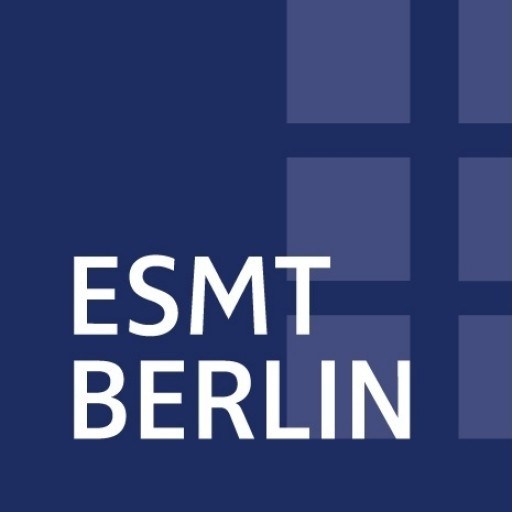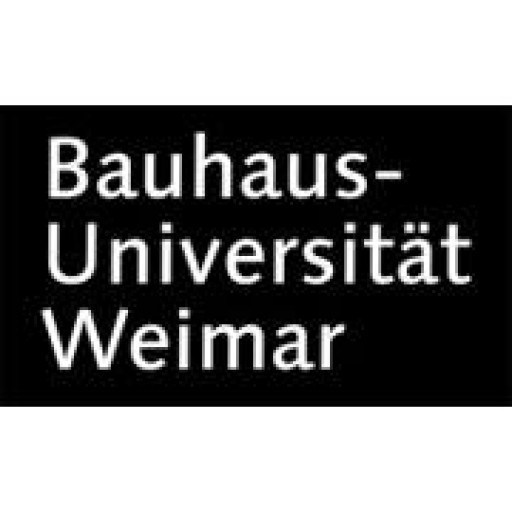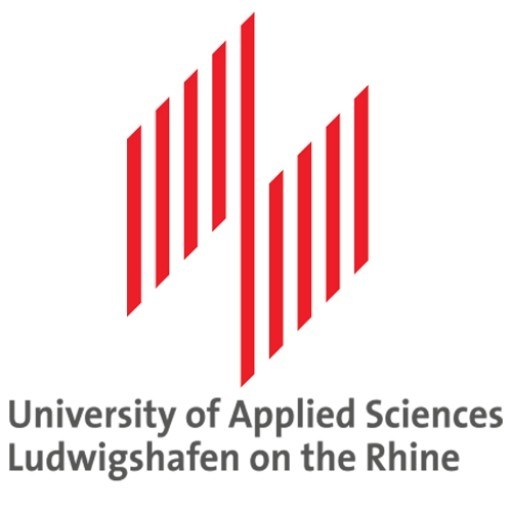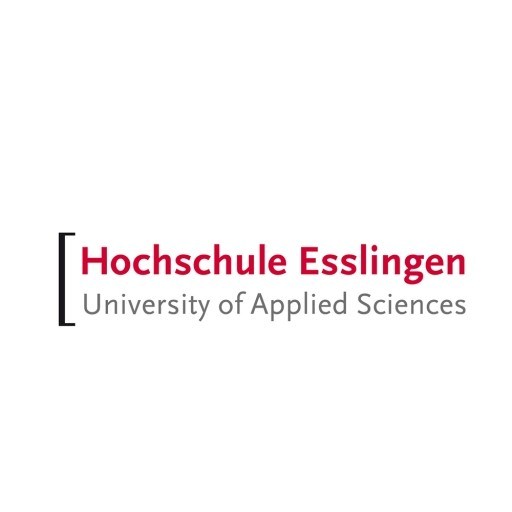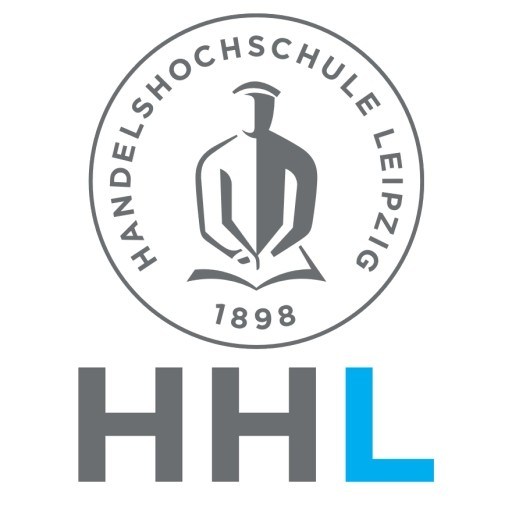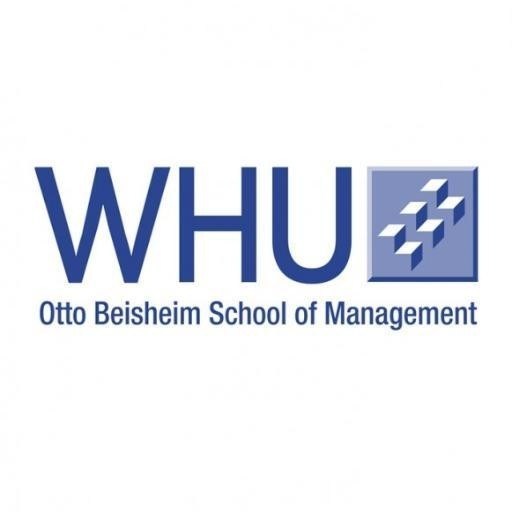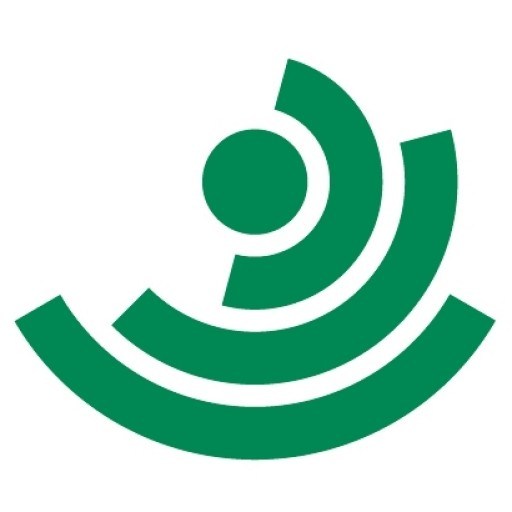Photos of university / #esmtberlin
The following elements are part of the programme:
- Shared modules: These modules focus on the interactions, intersections and different logics of both sectors and thereby provide the link between the MBA and MPA modules. One shared module will have a significant integrative practice project element.
- Core programme: The core programme includes the module "Business Foundations and Management Functions" from ESMT's EMBA programme as well as a module "Intersectoral Governance" with selected courses from the EMPA programme at the Hertie School of Governance.
- Specialisations: Participants can choose up to three courses from the Hertie School's elective portfolio and one course from the course offerings of the Global Network for Advanced Management, of which ESMT is a member. For example, participants will have the opportunity to take one elective module at one of the numerous prestigious Global Network for Advanced Management partner schools, including Yale School of Management, HEC Paris, IE, EGADE, Koç, and others during the Global Network Week.
- Immersion workshops: Both ESMT's international field seminar as well as the Hertie School's workshop in Brussels offer participants the opportunity to gain insights from the field.
- Leadership development: Participants receive training and coaching in ESMT's "Individual Leadership Development Itinerary" module. Additionally, they can choose two skills courses from the Hertie School's portfolio.
- Master's thesis
Educational organisation
The programme follows a modular format over a total of 24 months, with block courses on the campuses of the Hertie School and ESMT in Berlin as well as courses in Brussels and in other cities. The total programme consists of 82 days on either the ESMT or the Hertie School campus (40 days in the first year and 42 days in the second year). Thirteen of those days offer flexibility for participants to choose from a group of electives.The first year kicks off with a joint module on "Business Innovation and Governance" delivered by both ESMT and the Hertie School. The following modules cover "Business Foundations and Management Functions" from ESMT's EMBA programme as well as a module titled "Intersectoral Governance" with selected courses from the Hertie School's EMPA.
Following the core programme, participants can choose up to three courses from the Hertie School's elective portfolio, including:
- Social Innovation and Entrepreneurship
- Governance and Anti-corruption
- Evaluating Public Policies
- The Security-Development Nexus
- Energy Sustainability and Climate Change
- Cooperation and Problem Solving in International Context
- Negotiation
- Moderation
- Conflict Management
- Consulting
- Campaigning, hands-on
The second year includes two joint modules delivered by both ESMT and Hertie: A Capstone Seminar and Practice Project Webinars.
Participants will then cover the intersectoral nature of "Public Private Interaction", a module delivered by the Hertie School which includes the following:
- Organisational Forms
- Public Affairs and Political Communication
- The Regulatory State
- Public Private Partnerships
- International field seminar: This seminar consists of two weeks, during which students interact with senior business leaders, network, and reflect on global business development in a country of strategic significance. Previous locations visited include Brazil, Chile, Argentina, Hong Kong, Malaysia, and Vietnam.
- GNAM Global Network Week: GNAM (Global Network for Advanced Management) is a partnership between 25 business schools worldwide. During the Network Week, students can take part in one-week exchange programmes at another network university. Up to six schools offer exchanges at the same time as ESMT. Member schools include Yale SOM (USA), Asian Institute of Management (Manila, Philippines), EGADE Business School (Santa Fe, Mexico), IE Business School (Madrid, Spain), Koç University (Istanbul, Turkey), and others.
Study abroad unit(s)
Executive MBA/MPA students spend three modules abroad:The first international module consists of a one-week workshop in Brussels in the context of the "Governance in Theory and Practice" module delivered by the Hertie School.
The second international module spent abroad is the international field seminar. Students spend two weeks interacting with senior business leaders, networking, and reflecting on global business development in a country of strategic significance, typically in an emerging economy.
The third international module consists of the GNAM Global Network Week. During this Network Week, students can participate in a one-week, short-term exchange at another network university.
Internships
An integral part of the Executive MBA/MPA programme is the applied field work, which forms the basis for the Master's thesis.During this period, participants work on assignments addressing current business issues in their respective companies or organisations in order to propose applicable recommendations to their employers' management. The nature of the assignment is similar to that of a management consulting project, whereby the company/organisation acts as project sponsor.
ESMT faculty members who are also highly experienced consultants and enjoy close relationships with their corporate clients, provide tight supervision and guidance. Additionally, through the international field seminar, participants become familiar with selected emerging markets that are expected to play an essential role in the future business, non-profit and NGO world.
Forms of assessment
Assessments include written and oral exams, individual and/or group presentations, and submitting papers. In some courses, a significant part of a student's evaluation will be based on class participation.Course objectives
The ESMT-Hertie Executive MBA/MPA is designed to prepare students exhibiting high potential for executive leadership positions in a globalised world, which is characterised by ever deeper connections between business, politics and civil society. Linking ESMT's EMBA and the Hertie School's EMPA programmes and combining them with modules focusing on the cross-sectoral interplay, the unique curriculum provides participants with core MBA training combined with expertise in policy and governance analysis.Students will be able to:
- develop their business and innovative capabilities
- increase their effectiveness as responsible leaders
- gain competences in cross-sectoral cooperation
- learn how to respond to, and make the most of, the defining challenges facing politics, business, and society
Language requirements
For candidates with limited experience in business English, an English proficiency certificate (TOEFL, IELTS, Cambridge or others) is required.Academic requirements
- At least five years of professional experience
- An undergraduate degree or equivalent
- Strong GMAT/GRE scores, or ESMT's admissions test scores (ESMT's admission test may be taken on campus the same day as the admission interview)
- For candidates with limited experience in business English, an English proficiency certificate (TOEFL, IELTS, Cambridge or others) is required.
- Clear commitment from your company with regards to study-time allowances, or an in-depth discussion with our EMBA and/or EMPA management about your career plan for career change candidates
- Strong performance at the personal interview with ESMT and Hertie School representatives
Costs of living
In addition to tuition, students are expected to cover the cost of their travel to and from modules. Students are also required to pay for their accommodation during modules in Berlin and during the course offerings of Global Network of Advanced Management. They are additionally responsible for any costs that may incur during the completion of their thesis.Job opportunities
Participants remain employed at their respective companies while participating in the programme.Funding opportunities within the university
For self-funded candidates, ESMT and the Hertie School offer merit-based scholarships. Applicants demonstrating academic excellence, potential for growth during their professional career, or strong leadership skills may qualify for a scholarship.http://www.esmt.org/emba-empa
